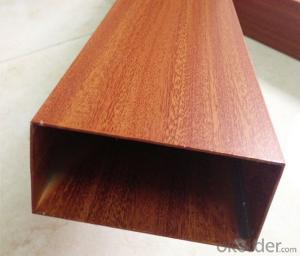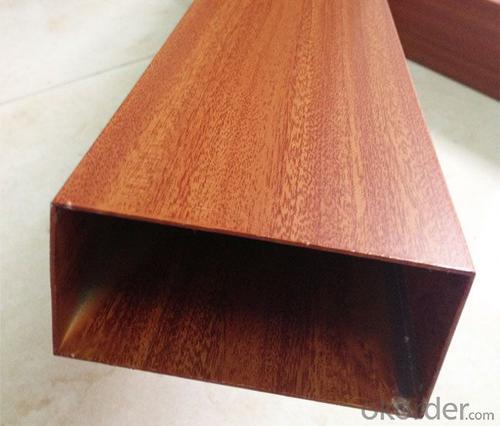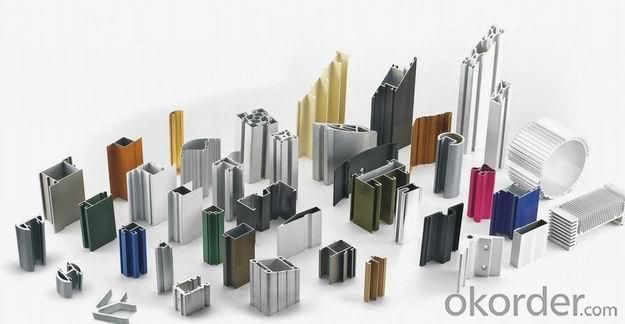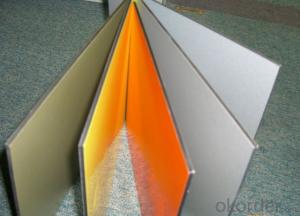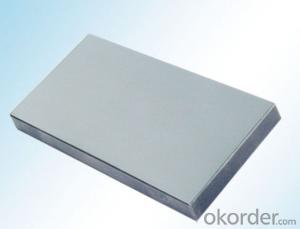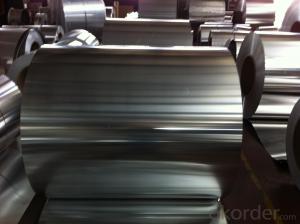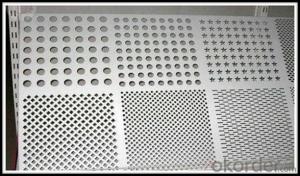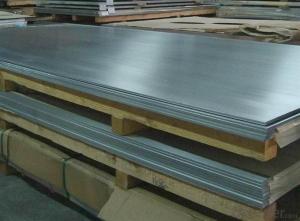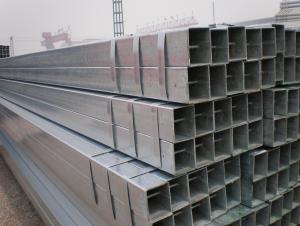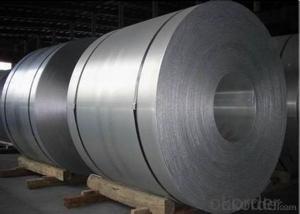Aluminum Sheets 5x10 025 - Aluminium Profile for Doors and Windows Parts
- Loading Port:
- Shanghai
- Payment Terms:
- TT OR LC
- Min Order Qty:
- 5 m.t.
- Supply Capability:
- 1000 m.t./month
OKorder Service Pledge
OKorder Financial Service
You Might Also Like
Specification
Structure of Aluminium Profile for Doors and Windows Parts Description:
Coated aluminum coil/sheet are of a wide range of colors, which gives wonderful appearance no matter in residential and commercial constructions of great exhibition centers.
The coated aluminum coil/sheet have been widely used in the fields of construction and decoration( garage doors, ceiling etc.), electronic appliances, lighting decoration, air-condition air pipes, sandwich panels and drainages etc.
Main Features of the Aluminium Profile for Doors and Windows Parts:
1) High flexibility
2) Impact resistance
3) Excellent weather-proof durability
4) Anti-ultraviolet
5) High erosion resist
Images of Aluminium Profile for Doors and Windows Parts:
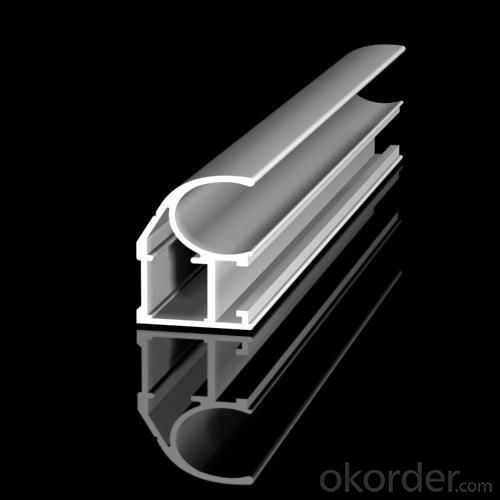
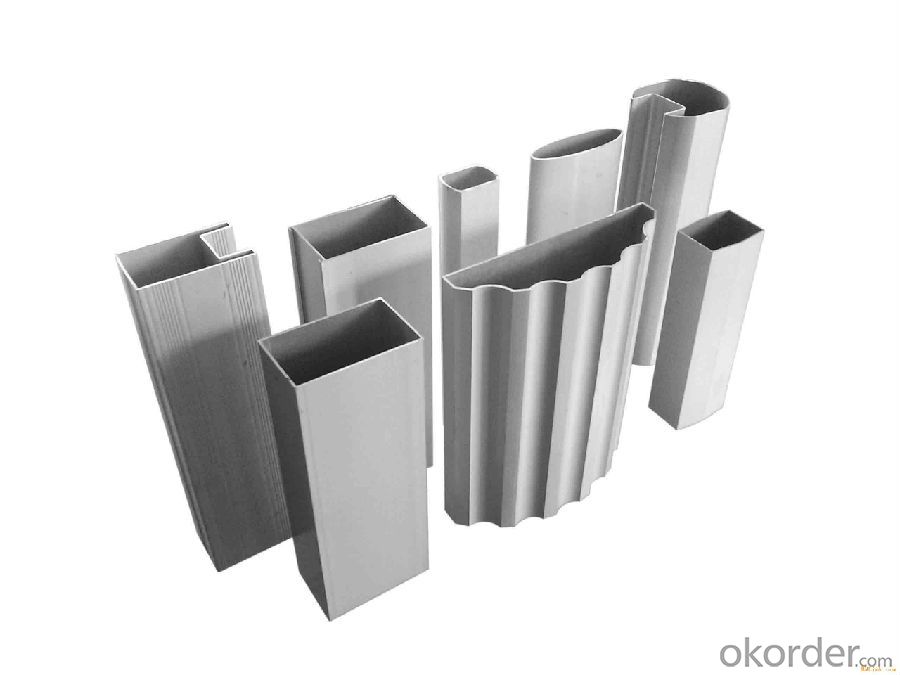
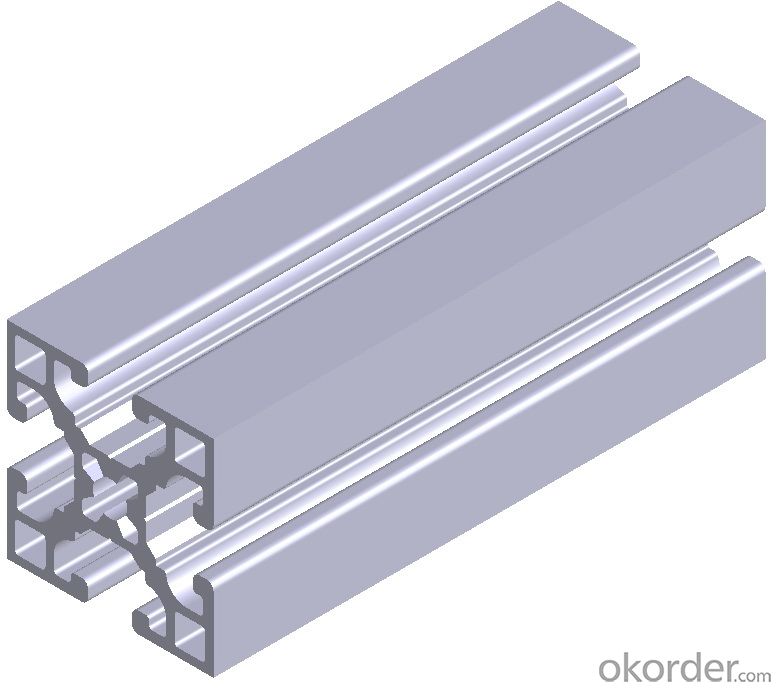
Aluminium Profile for Doors and Windows Parts Specification:
Alloy | A1100,A3003,A1050,A8011 etc |
Temper | H16,H18,H24 |
Thickness | From 0.024mm to 1.2mm |
Width | Standard width:1240mm |
Special width:1300mm,1520mm,1570mm,1595mm | |
Diameter | Standard dia:1200mm |
Interior dia:150mm,405mm,505mm | |
Weight | 2.5 T/coil,3.0 T/coil |
Coating | PE, PVDF, AC |
Surface | Embossed, mill finish, coated |
Color | AS to code RAL |
Gloss | 10-90%(EN ISO-2813:1994) |
Coating Thickness | PE: more than 18 micron |
PVDF: more than 25 micron | |
Coating Hardness (pencil resistance) | More than 2h |
Coating adhesion | 5J(EN ISO-2409:1994) |
Impact Resistance | No peeling or cracking(50 kg/cm,ASTMD-2794:1993) |
Flexibility (T-bend) | 2T |
MEK resistance | More than 100 |
FAQ:
a.What is monthly capacity
---CNBM is one stated own company and our monthly capacity is about 2000tons.
b. Now which countries do you export your goods?
---Now we export to South East Asia,Africa, North America,South America ect.
- Q: How to distinguish aluminum sheet from magnesium sheet?
- put them into acid and observe bubble's generating speed, the quicker one is magnesium sheet.
- Q: How can I make aluminum oxide?
- It turns out to be surprisingly difficult to do, because aluminum forms a skin of oxide which retards further oxidation. One way might be to react aluminum with sulfuric acid, getting aluminum sulfate in solution. Treat this with barium hydroxide; barium sulfate will precipitate out, leaving aluminum hydroxide in solution. Dry this and heat it, driving off the hydroxide as water and leaving aluminum oxide. I haven't tried this, so cannot guarantee that it will work.
- Q: Can aluminum sheets be hydroformed?
- Yes, aluminum sheets can be hydroformed.
- Q: Are 101 aluminum sheets suitable for marine environments?
- No, 101 aluminum sheets are not suitable for marine environments as they lack sufficient corrosion resistance.
- Q: What is the fire rating of 101 aluminum sheets?
- The fire rating of 101 aluminum sheets is typically dependent on the particular alloy and thickness of the sheets. Due to its low melting point of 660 degrees Celsius (1220 degrees Fahrenheit), aluminum has the potential to deform or melt when exposed to intense heat. Nevertheless, it is important to highlight that aluminum is not flammable and does not aid in the propagation of fire. Fire resistance can be improved by applying fire-resistant coatings or by incorporating it with other fire-resistant substances. In conclusion, it is crucial to seek advice from manufacturers or industry professionals to ascertain the fire rating of specific 101 aluminum sheets.
- Q: Are aluminum sheets suitable for food processing conveyor systems?
- Yes, aluminum sheets are suitable for food processing conveyor systems. Aluminum is a popular choice for conveyor systems in the food processing industry due to its numerous advantages. Firstly, aluminum is lightweight yet strong, making it ideal for conveyor systems that require frequent movement and transportation of food products. Its lightweight nature allows for easy installation, maintenance, and modification of conveyor systems, while its strength ensures the durability and longevity of the equipment. Secondly, aluminum is corrosion-resistant, which is crucial in food processing environments where exposure to moisture, chemicals, and food acids is common. This resistance to corrosion ensures that the conveyor system remains hygienic and free from contamination, meeting the strict food safety standards required in the industry. Furthermore, aluminum is non-toxic, making it a safe material for food handling and contact. It does not react with food or release any harmful substances, ensuring the integrity and safety of the food being processed on the conveyor system. Moreover, aluminum is easy to clean and maintain, which is essential in food processing environments where hygiene is of utmost importance. The smooth and non-porous surface of aluminum sheets allows for easy removal of food particles, grease, and other contaminants, reducing the risk of bacterial growth and cross-contamination. In summary, due to its lightweight, corrosion-resistant, non-toxic, and easy-to-clean properties, aluminum sheets are highly suitable for food processing conveyor systems. They provide a reliable and efficient means of transporting food products while ensuring the highest standards of hygiene and food safety.
- Q: What is the typical creep resistance of aluminum sheets?
- The typical creep resistance of aluminum sheets varies depending on the specific alloy and temper. Aluminum alloys typically have good creep resistance compared to other metals, especially at lower temperatures. However, the creep resistance of aluminum decreases significantly at higher temperatures. Aluminum sheets with higher alloying elements like copper, magnesium, or zinc tend to have better creep resistance than pure aluminum. Additionally, heat treatment processes such as cold rolling, annealing, or precipitation hardening can enhance the creep resistance of aluminum sheets. In general, aluminum sheets are known for their relatively low creep rates, making them suitable for various applications that require good dimensional stability over extended periods. However, it is important to note that the exact creep resistance of aluminum sheets can vary depending on the specific composition, processing, and operating conditions. Therefore, it is advisable to consult material specifications or conduct specific tests to determine the creep resistance of a particular aluminum sheet.
- Q: What are the different methods of surface cleaning for aluminum sheet?
- Some different methods of surface cleaning for aluminum sheet include mechanical cleaning, such as scrubbing with a brush or abrasive pads, chemical cleaning using solvents or acids, and electrochemical cleaning using an electric current to remove contaminants.
- Q: Is it possible to incorporate recycled aluminum windows into a construction or renovation project?
- <p>Yes, you can use recycled aluminum windows in your project. Recycled aluminum windows are not only environmentally friendly but also offer similar performance to new aluminum windows. They are durable, lightweight, and maintain good thermal efficiency. When selecting recycled aluminum windows, ensure they meet the required quality standards and are suitable for your project's specifications. It's also important to consider the condition of the windows and any necessary refurbishment or maintenance they might require.</p>
- Q: How do you clean aluminum sheets?
- To clean aluminum sheets, you can start by rinsing them with water to remove any loose dirt or debris. Then, create a mixture of mild dish soap and warm water. Use a soft cloth or sponge to gently scrub the aluminum sheets with the soapy solution. Avoid using abrasive cleaners or scrub brushes, as they can scratch the surface of the sheets. Once you've thoroughly cleaned the sheets, rinse them again with water and dry them with a clean towel or cloth.
Send your message to us
Aluminum Sheets 5x10 025 - Aluminium Profile for Doors and Windows Parts
- Loading Port:
- Shanghai
- Payment Terms:
- TT OR LC
- Min Order Qty:
- 5 m.t.
- Supply Capability:
- 1000 m.t./month
OKorder Service Pledge
OKorder Financial Service
Similar products
Hot products
Hot Searches
Related keywords
